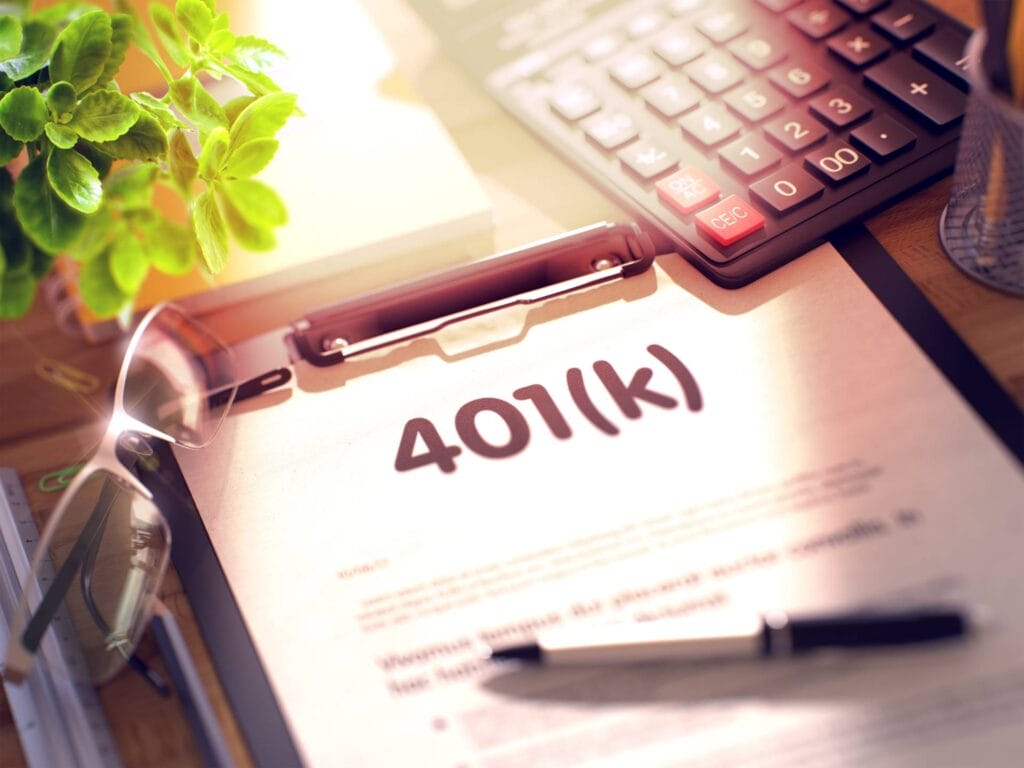If you are asking “how can I use my 401(k) to qualify for a mortgage?”, this article will provide the answers.
Not all borrowers fit into neat boxes required by traditional lenders and typical mortgages. Many borrowers are, of course, employees with a regular, predictable income. But there are also investors, self-employed professionals, entrepreneurs, and retirees. Some are simply living off their investments.
These people are just as financially responsible as any other group; like the rest, they deserve a high-quality mortgage. However, they may not have the resources to easily qualify for a mortgage under the traditional system.
Fortunately, you can use your 401(k) to qualify. While a mortgage professional can be your guide, it helps to understand how you can use a 401(k) to qualify for a mortgage.
Can I Use My 401(k) to Qualify for a Mortgage? Yes, You Can!
This mortgage uses “asset utilization.” The concept is fairly simple. With asset utilization, you use your financial and physical assets to qualify for a loan. Basically, the assets replace or supplement your income, creating a stronger application when you apply for a mortgage.
Typically a loan is qualified with income. The lender looks at documents like tax returns and paystubs to determine how much a borrower can comfortably afford, how large of a payment they can have without creating financial trouble.
An asset utilization loan, on the other hand, uses assets. While physical property and real estate can be used on the mortgage application, the most common assets used are retirement and investment accounts. A 401(k), for example, can be used to qualify for financing.
We are NOT Talking About a “401(k) Loan”
We need to take a quick detour. It’s important to understand that we are not discussing a “401(k) loan.” While the terminology can be confusing, an asset utilization loan that uses a 401(k) is vastly different than a 401(k) loan. You should never confuse the two.
A 401(k) loan is when you borrow money from your 401(k) retirement account. It comes with taxes and penalties if you don’t repay, and most financial experts recommend them only in extreme circumstances, such as helping to avoid bankruptcy or foreclosure.
An asset utilization loan, on the other hand, is a mortgage that lists the money inside a 401(k) as the primary or supporting income. You never borrow money from the 401(k) with these loans, you merely leverage the asset to qualify for a mortgage.
401(k) Can be Used as Cash Reserves
Many borrowers will use 401(k) assets as the main income on a mortgage application. However, they can also serve as cash reserves on these loans. Not all mortgages require reserves, but unique loans such as these often do.
Depending on the amount of cash inside the 401(k) account, you may be able to use money as a cash reserve on your next loan.
How to Use a 401(k) to Qualify
May Have to Prove it’s “Vested”

To use your 401(k), you’ll have to demonstrate that the money is fully “vested.” “Vested” simply means showing that you own it.
If you have a 401(k) account, it’s likely that your employer matches some or all of your contributions. They may match 100%, adding a dollar of their own money for every dollar you enter. Or they may match 50%, providing $0.50 for every dollar you invest in the retirement account. Whatever the match, it’s possible that you don’t own the money right away. The lender will usually require that it’s fully vested, meaning that it’s 100% yours.
Your employer’s handbook should provide the information on the 401(k). If not, the investment company that oversees the account can provide the information.
If your 401(k) is not fully vested, it’s not the end of your journey. You can likely use whatever portion you have contributed. For example, if you have a total of $100,000 in your 401(k), but you only own $50,000, you can still use that $50,000 as an asset on your mortgage qualification.
Prove that Withdrawals Are Allowed
While you will not be using the money in a 401(k) to buy a home, you’ll still have to show that withdrawals are allowed. Essentially, the lender will need to see that you are able to use the funds for this purpose; they’ll need to see that in case of an emergency, you can withdraw funds from the account to help pay your mortgage. You don’t have to withdraw money from the account, you simply need to be able to do so.
A plan summary from your employer or the investment company should be able to prove the availability of funds. Obtain a copy of the summary and your lender should be able to look it over in detail and determine whether or not funds can be withdrawn.
Show the Reserves
The mortgage will be driven by the amount of cash you have in the 401(k). However, you may have to show that you have cash reserves in a bank account in order to qualify. Whether you use the 401(k) assets as the reserves, or whether you demonstrate reserves through a savings or checking account, you’ll likely have to prove these reserves in order to qualify.
Use Your 401(k) to Qualify for a Mortgage
Do you have valuable assets that can help in your mortgage qualification? Contact our team today and we’ll help leverage each and every valuable asset to increase the chances of qualification.
Whether you use IRA distribution income or a 401(k) account as cash reserves, we are here to help you get the most from your mortgage. We are experienced in using assets for a variety of mortgage purposes, so contact our team today!


